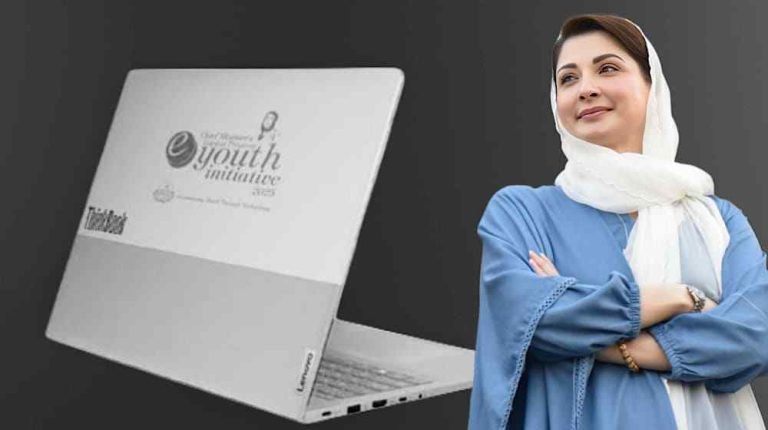KP Expands Access to Education with New Round of Double Shift Schools
In a renewed push to tackle the issue of out-of-school children, the Khyber Pakhtunkhwa (KP) Education Department has rolled out the sixth phase of its Double Shift School Programme, extending the initiative to 62 more schools across the province.
The move is part of a broader strategy aimed at improving access to formal education, particularly for children who can’t attend morning classes due to work or other responsibilities. By adding a second shift in the afternoon, the programme creates an alternative pathway for thousands who might otherwise miss out on schooling entirely.
Targeted Expansion Across Districts
This latest expansion strategically covers several key districts: Haripur leads with 16 schools added, followed by Swabi with 11. Lakki Marwat and Abbottabad see four new entries each, while Lower Dir has three. Nowshera gets four, and one additional school each joins in Mardan and Khyber.
The inclusion of both boys’ and girls’ schools underscores a deliberate effort to bridge gender gaps in education access—an ongoing challenge in many parts of the province.
Scaling Up a Proven Model
Currently operating in over 1,000 schools, the double shift system has been credited with significantly improving enrollment numbers in previous phases. The programme offers afternoon classes using existing school infrastructure—an efficient use of resources in areas where building new schools is not immediately feasible.
Education officials have been directed to ramp up enrollment efforts as Phase 6 goes live, aiming to reach children who have remained on the margins of the education system.
A Step Toward Inclusive Education
The KP government has labeled this phase a “critical milestone” in its mission to mainstream out-of-school children. While challenges like teacher availability and resource allocation persist, the double shift model offers a scalable solution to a deeply entrenched problem.
As education remains a key focus for long-term development in the region, such initiatives are expected to play a pivotal role in shaping a more inclusive and equitable schooling landscape.







